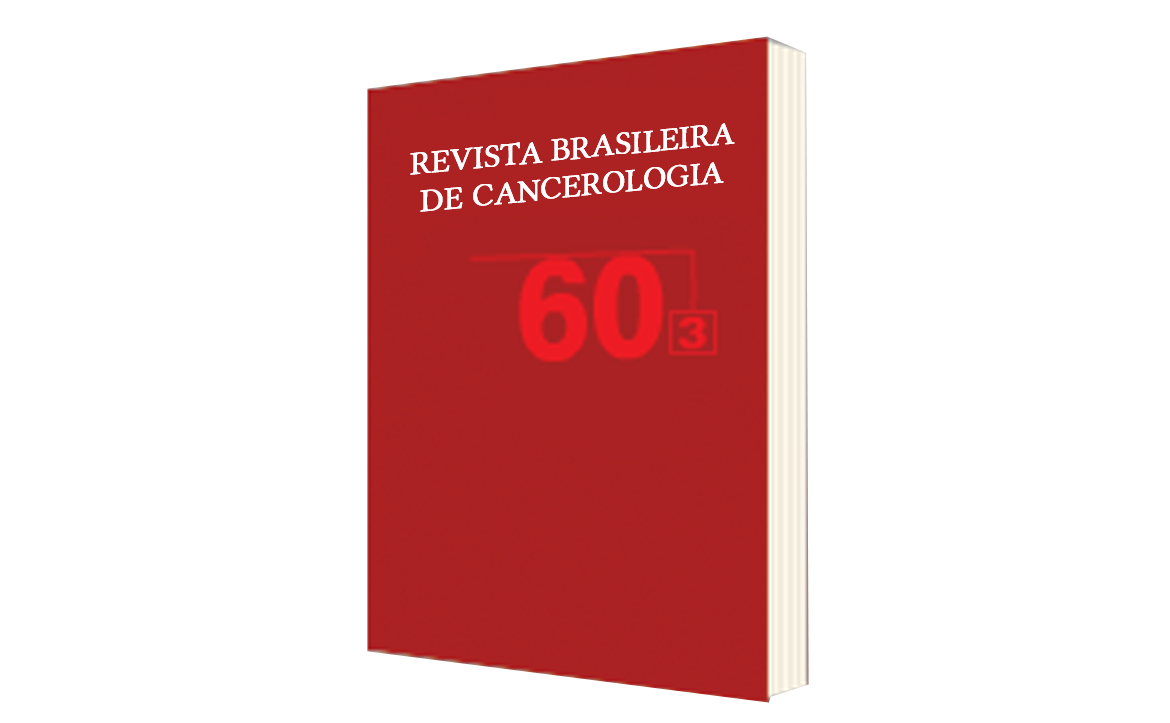Completeness of Information “Occupation” in Hospital Cancer Records in Brazil: Basis for Surveillance of Work-Related Cancer
DOI:
https://doi.org/10.32635/2176-9745.RBC.2014v60n3.465Keywords:
Neoplasms, Health Information Systems, Occupational Health, Hospital RecordsAbstract
Introduction: The approach of occupation in cancer patients, especially those with lung cancer, bladder cancer, leukemia and mesothelioma, among others, by health professionals is inadequate and adversely affects the pursuit of causal link. Objective: To quantify the percentage of missing information about occupation at Hospital-Based Cancer Records in Brazil. Method: This is an epidemiological study of the ecological type. Completeness of information "Occupation" in the Hospital-Based Cancer Records in Brazil, stratified by macro-region, between the years of 2000 and 2008 was evaluated. There has been analyzed, for each gender, cases with individuals within the age range of 30 years old or above with the following tumors: lung, bladder, oral cavity, pharynx, larynx and leukemias. Results: The average percentage of missing information on occupation was above 45% for all selected cancers, but for women this percentage was higher. During the period, there was a little improvement in the quality of information, with most regions showing proportions higher than 30% of this indicator, independent of neoplasm investigated. Conclusion: The results are worrisome from the standpoint of public health, especially the health of workers. The lack of information in cancer registries hinders the identification of occupation as a major risk factor for cancer development, the establishment of the causal link between exposure and disease, and the development and implementation of strategies for surveillance of work-related cancer in the country.









